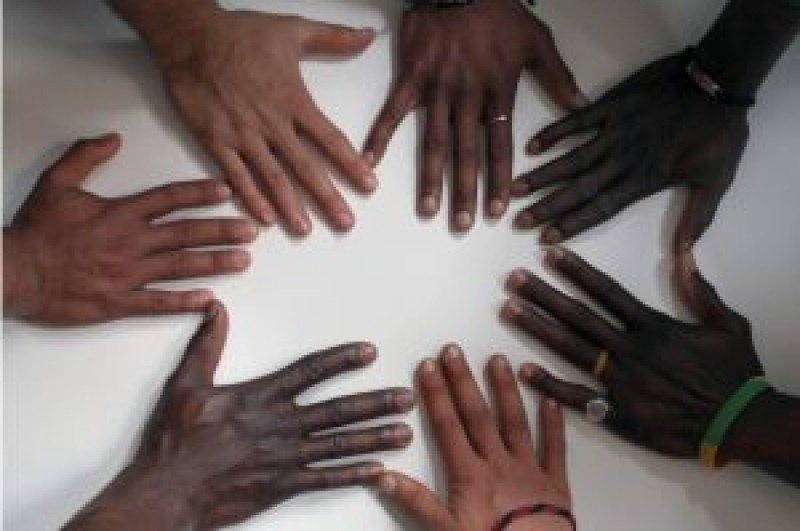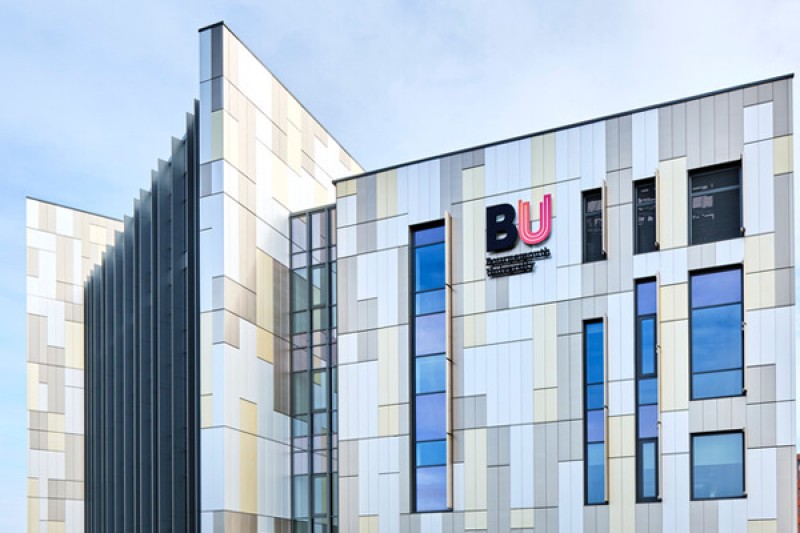The last leg of the field work for the Media literacy for unaccompanied refugee youth project was undertaken in Milan, Italy, following the latest statistics report which highlighted that over 18,000 unaccompanied asylum-seekers were present in accommodation centres across the country. ‘Non c’è casa senza familia’, or ‘a house is not a home without family’, as the Italians would say; and in a country where food, family and music are deeply ingrained in their culture, it wasn’t clear how unaccompanied refugee children would cope there. With Italy’s proposed new government moving to cut off the flow of migrants from Africa, the question about whether unaccompanied minors will find a home in Italy without their families is still a difficult one.
In Milan, Marie Curie Fellow Dr Annamaria Neag met with refugee organisations and volunteers, including CivicoZero, a project of Save the Children Italy. CivicoZero offers a centre where young unaccompanied asylum-seekers can learn the language, attend IT classes, play sports together and, above all, have a safe place to spend time with their peers. The young people in the centre came from a range of countries such as Albania, Egypt, Morocco and Nigeria, and although they spoke different languages and came from vastly different cultures, their love for football was one thing they had in common with Italians (and the Score Match app!).
 Score! MATCH
Score! MATCHDr Neag also visited the Penny Wirton School which is a free Italian language school for new migrants, entirely managed by volunteers. This makes the school a meeting point between immigrants and locals, creating a common ground for integration that works beyond linguistic, social and cultural differences. These kinds of schools have opened up across Italy, offering a possibility for those new to the country to practice learning the language with a local (one-to-one tuition), learn about the customs and get to know the culture. Most of the volunteers at the Penny Wirton School are seniors who return to a local parish to meet the young asylum-seekers every week.
“It was really impressive to see these seniors give a helping hand where it is most needed”, says Dr Neag. “In an ageing Europe, this initiative could be a good example for many other seniors who may be interested in offering their skills and time.”
Despite the political rhetoric, it seems that there are many people who are willing to offer some kind of support to those in need as the number of ‘volunteer guardians’ is on the rise, even though it means contributing on a voluntary and free basis. This support is very much needed since the refugee children showed very different levels of knowledge and understanding of concepts such as the use of technology and social media. From children who are experienced online gamers to children who have never owned a mobile phone, it seems that unaccompanied young refugees need very specific educational interventions.
The next step in the ‘Media literacy for unaccompanied refugee youth’ project will be to create these interventions with the help of refugee children themselves.

I am very thankful to Laura from the Penny Wirton School and to Valentina and her team at CivicoZero Milan. – Dr Annamaria Neag, Project Researcher.
Photo credit: Save the Children, Score! Match



